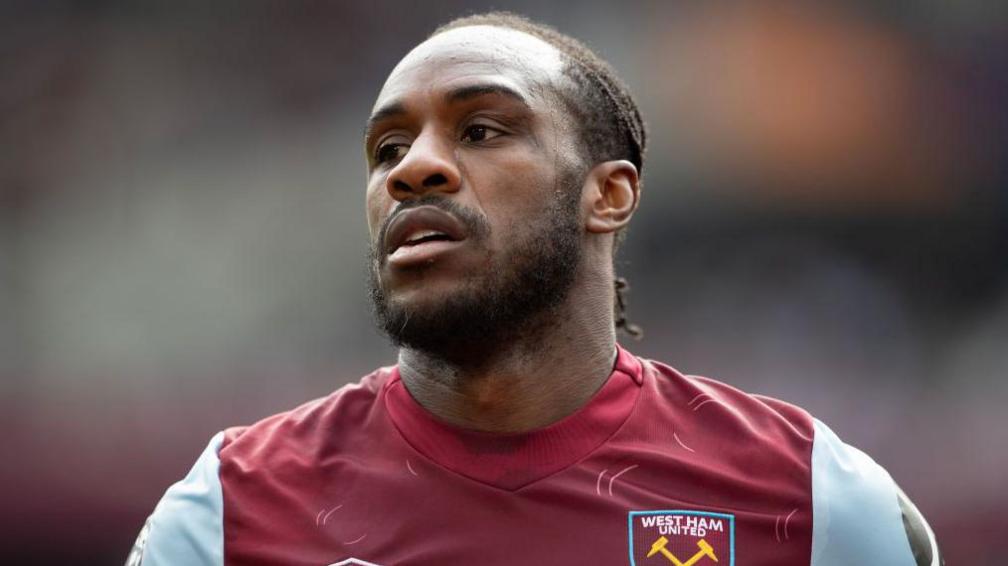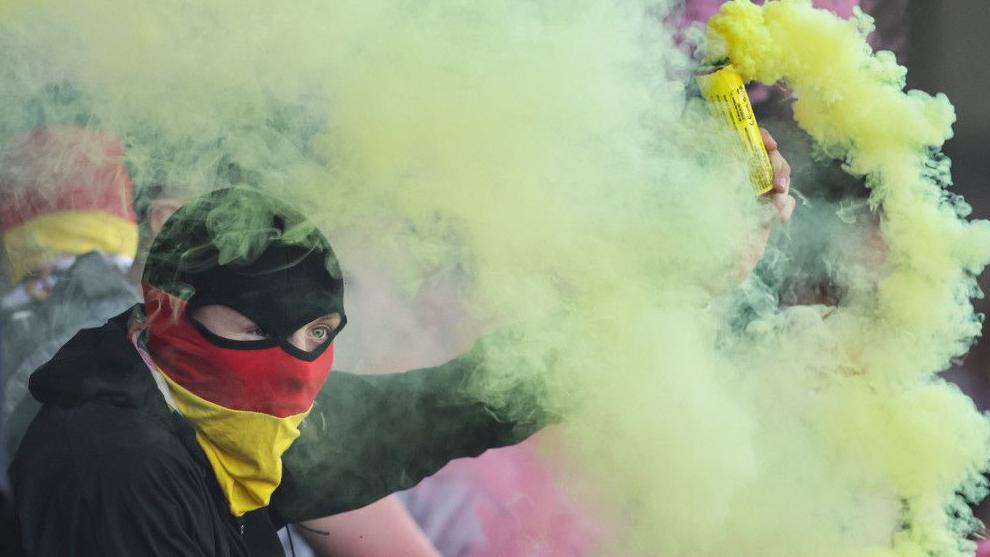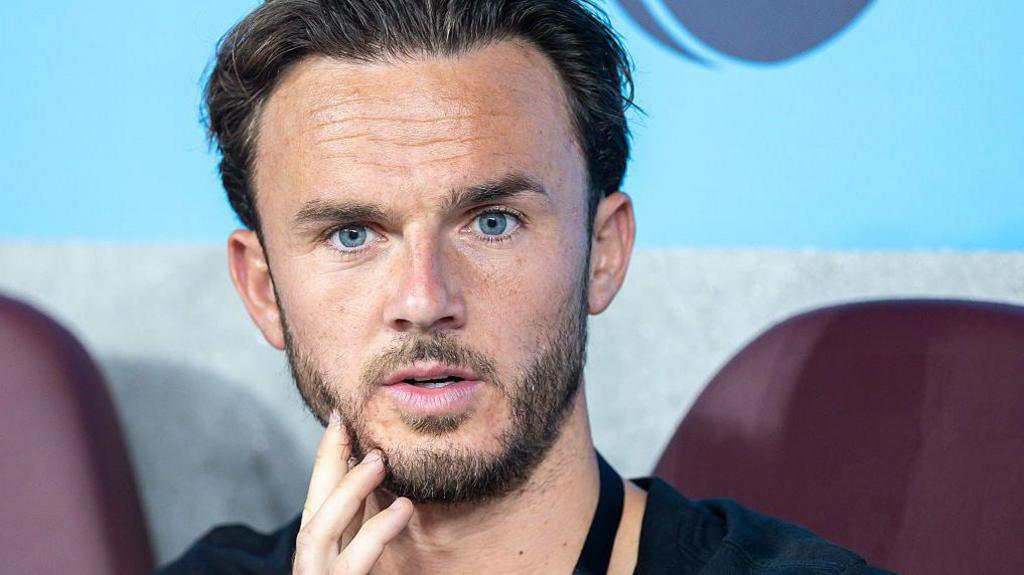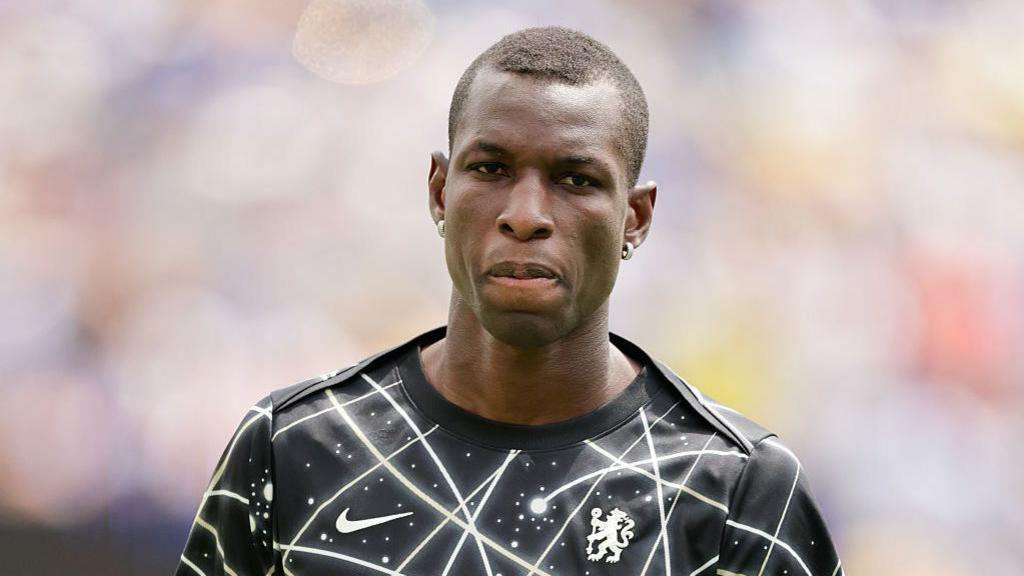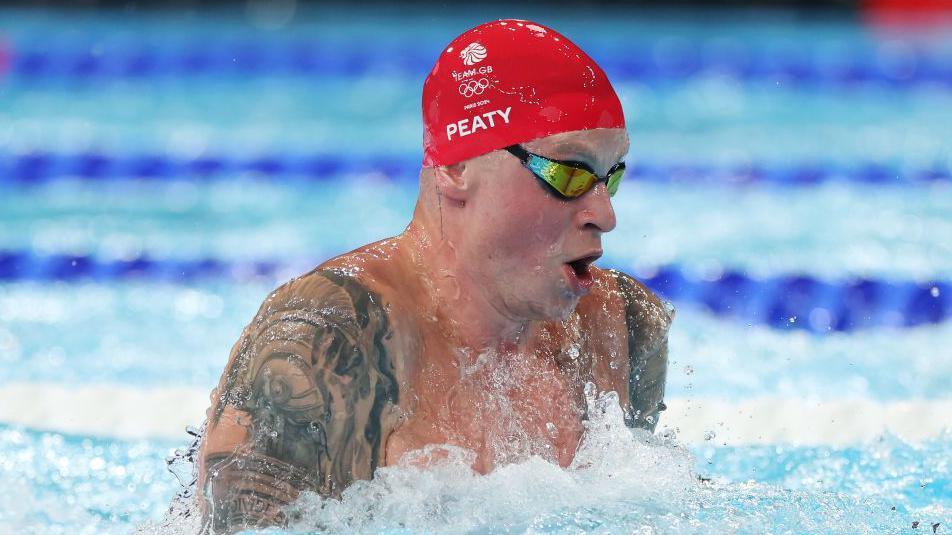Although discussions about a potential future role continue, West Ham have confirmed Michail Antonio won’t be signing a new deal as a first-team player.
Following the horrific car crash in December that nearly cost him his life, the 35-year-old did not make another senior appearance for West Ham.
Antonio was unlikely to play for his team this season, according to Hammers manager Graham Potter, who spoke last week in Atlanta.
Antonio also appeared for West Ham Under-21s in a pre-season game at Boreham Wood last month, and he did so for Jamaica for three games this summer.
It is understood that West Ham’s academy could use its ongoing discussions with Antonio to train and mentor students.
A statement read, “Michail will always be a much-loved and respected member of the West Ham United family.”
The club will continue to support and assist him in his ongoing rehabilitation, giving him access to training, facilities, and medical care as needed, as has been the case since December.
Antonio, a £7 million signing from Nottingham Forest in 2015, has scored 68 goals in 268 top-flight games for West Ham, making it the club’s record Premier League scorer.
related subjects
- West Ham United
- Premier League
- Football
